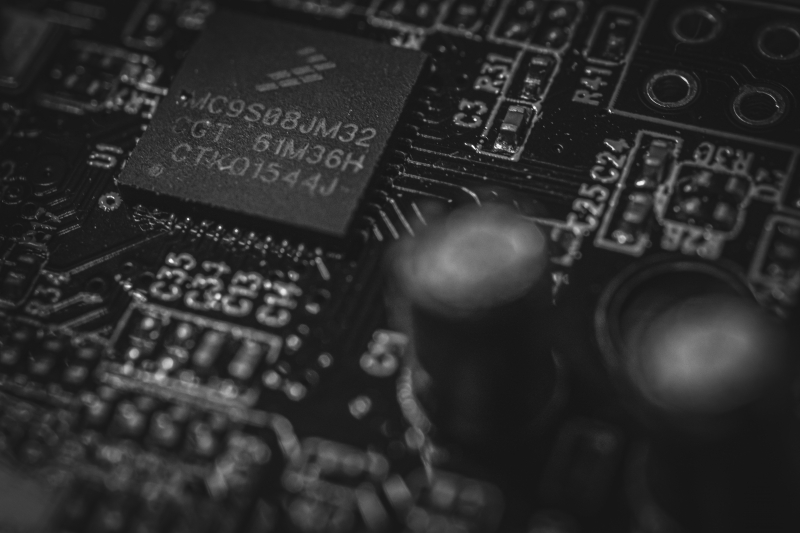Hardware Support
Hardware support is crucial for system stability, and Unified Extensible Firmware Interface (UEFI) and Basic Input/Output System (BIOS). UEFI is a firmware interface that acts as an intermediary between a computer's hardware and the operating system. It replaces the traditional BIOS, offering modern features such as a graphical user interface and mouse support. UEFI supports a larger number of storage devices, allowing for faster boot times, and providing a standardized way to access system information and settings.
BIOS is the older firmware interface that was prevalent before UEFI. It primarily handles the initialization process of hardware components during the booting phase. However, BIOS has limitations regarding storage support, graphical interfaces, and system information retrieval.
UEFI provides enhanced hardware support, enabling compatibility with newer hardware technologies and larger storage capacities. It supports features like Secure Boot, which verifies the integrity of the operating system during booting, providing additional security. UEFI also allows for a UEFI System Partition, enabling multiple operating systems to coexist on a single device.
UEFI's modern features make it easier to navigate and configure system settings, improving the user experience. Updating UEFI firmware is typically straightforward, often involving downloading the update from the manufacturer's website and using a dedicated tool to install it.
UEFI replaces the traditional BIOS, offering improved hardware support, secure booting, and easy system configuration. With its modern features, UEFI enables smooth operation with modern operating systems, enhancing stability and compatibility.












